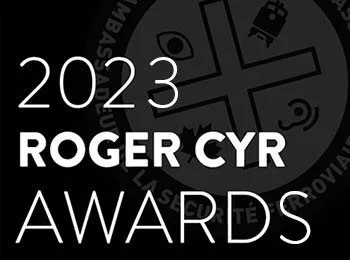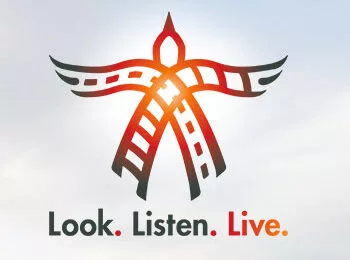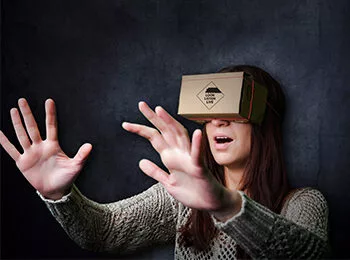To be a man, we are taught to suffer in silence. In Canada, men make up 75% of suicides each year. They are 2-3 times more likely than women to struggle with addiction or substance abuse. And approximately 1,000,000 men live with a mental illness—often quietly, often alone. I was one of them, and I believed that I was on my own. Not only that, but I believed my feelings and my problems were a burden to everyone around me. So I didn’t talk. I didn’t even know what to feel and what to talk about. That led me to try to end my life when I was 21 years old.
From an early age, many boys are conditioned to believe that our job is to grow up, provide for our families, and create value through our labour. And when we become men, nothing else really matters. We’re taught to be “strong”, “courageous”, and “independent”. However, these traits are often interpreted as dominance, overconfidence, control, and isolation. The result? A culture where vulnerability is seen as weakness, and connection is sacrificed for the illusion of toughness. To me, it’s clear: what we’re taught to believe about manhood isn’t working.
But what if there was a better way forward? Where being strong meant facing our challenges head-on. Being courageous meant being vulnerable and asking for help. Being a leader was listening with empathy, compassion, and respect. Where we stopped trying to be independent and allowed others in to help us build community. Doesn’t that sound a lot happier and healthier?
Reconceptualizing what being a man actually means saved my life. Now, I’m free to talk about my mental health and be vulnerable. I’m able to enjoy the things that I really love without the restrictions and judgment that traditional masculinity placed on them. Most importantly, I received the medical support I so desperately needed—therapy, medication, and care. These interventions didn’t just help me survive; they helped me heal. They gave me the tools to understand myself, to rebuild, and ultimately, to find happiness again.
If you’re reading this, I implore you: reconsider the kind of man you truly want to be. One who suffers in silence? Or one who thrives and is connected to his family, friends, and community? Choosing the latter doesn’t mean life will be free of challenges. There will always be challenges and difficult moments to face. But it does mean you’ll have the tools, resources, and support to face them in a healthier, more honest way. And that will make all the difference.
That’s why I’m happy to support Operation Lifesaver Canada’s “Today is Better” program. It offers everything someone, especially men, would need to take the first steps in talking about their mental health and what comes next.
I promise your life has meaning beyond what you provide. It’s important. People care. You are loved. I am living proof that change is possible. You have to start talking.
– Ryan
Ryan Forsyth is an Award-Winning Mental Health Speaker & Advocate. Follow him @bigredryan01 on social media.








